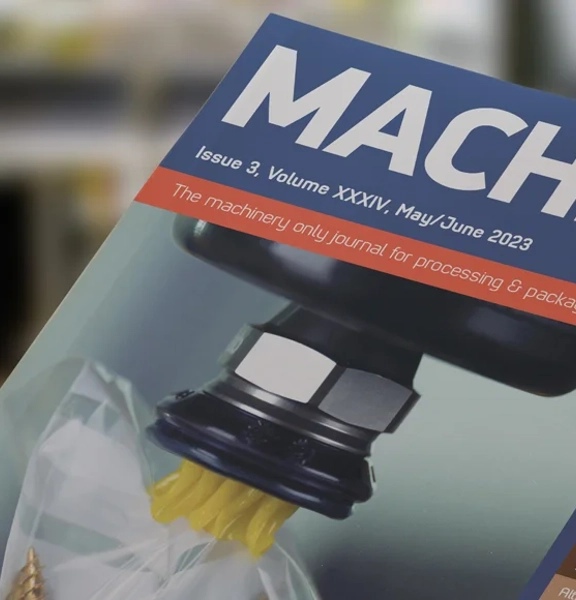Become a member
Take advantage of exclusive member benefits, world class events, networking and specialist support








 Become a member
Become a member 

10 October 2024
Breakages and spillages being part of the challenge of dairy filling, ease of washdown is a necessity with checkweighers, says Mettler-Toledo, and belts which can be quickly removed.
Cups made of plastics, in particular, being produced with ever-thinner, more fragile walls, filling lines for this type of packaging require regular cleaning to prevent contamination both of the product itself and of the production environment.
“Balancing the need to reduce packaging waste while adhering to product safety and compliance with regulations remains a critical challenge in the dairy industry,” says Jörn Migge, head of product and market management at Mettler-Toledo Product Inspection.
He believes that smart design is crucial to confronting these challenges head-on, and to the efficiency and hygiene of the checkweighing process. A key aspect for any dairy manufacturing line is the washdown design of a checkweighing system. Manufacturers should look for solutions that offer temperature-resistant load cells, he explains, which allow for quick re-zeroing after cleaning. This can significantly reduce downtime. Belts which are easy to remove and to replace can also help to facilitate fast cleaning.
The mark of a good checkweighing system, says the company, is its ‘poka yoke’ (error-proof) design, meaning that even less experienced personnel are able to reassemble the equipment correctly.
By using checkweighers with at least IP65 ingress protection, Mettler-Toledo adds, manufacturers can enhance operational efficiency, reduce contamination risks and achieve consistent product quality.
The positioning of the checkweigher on the production line is another critical design consideration. “Early detection of weight deviations allows for immediate feedback to the filling machines, meaning that any errors are quickly corrected,” Migge points out. “This feedback mechanism is vital in high-speed production environments, where maintaining consistency and quality across large batches is challenging.”
The company recommends its C33 PlusLine and PlusLine WD checkweighers, which are designed to support challenging weighing applications in environments prone to product spillage, such as those involving dairy products.
In terms of advanced load cell technology, its FlashCell Electro-Magnetic Force Restoration (EMFR) load cell is said to offer high accuracy and can handle throughputs of up to 250 packs per minute.
0116 235 7070